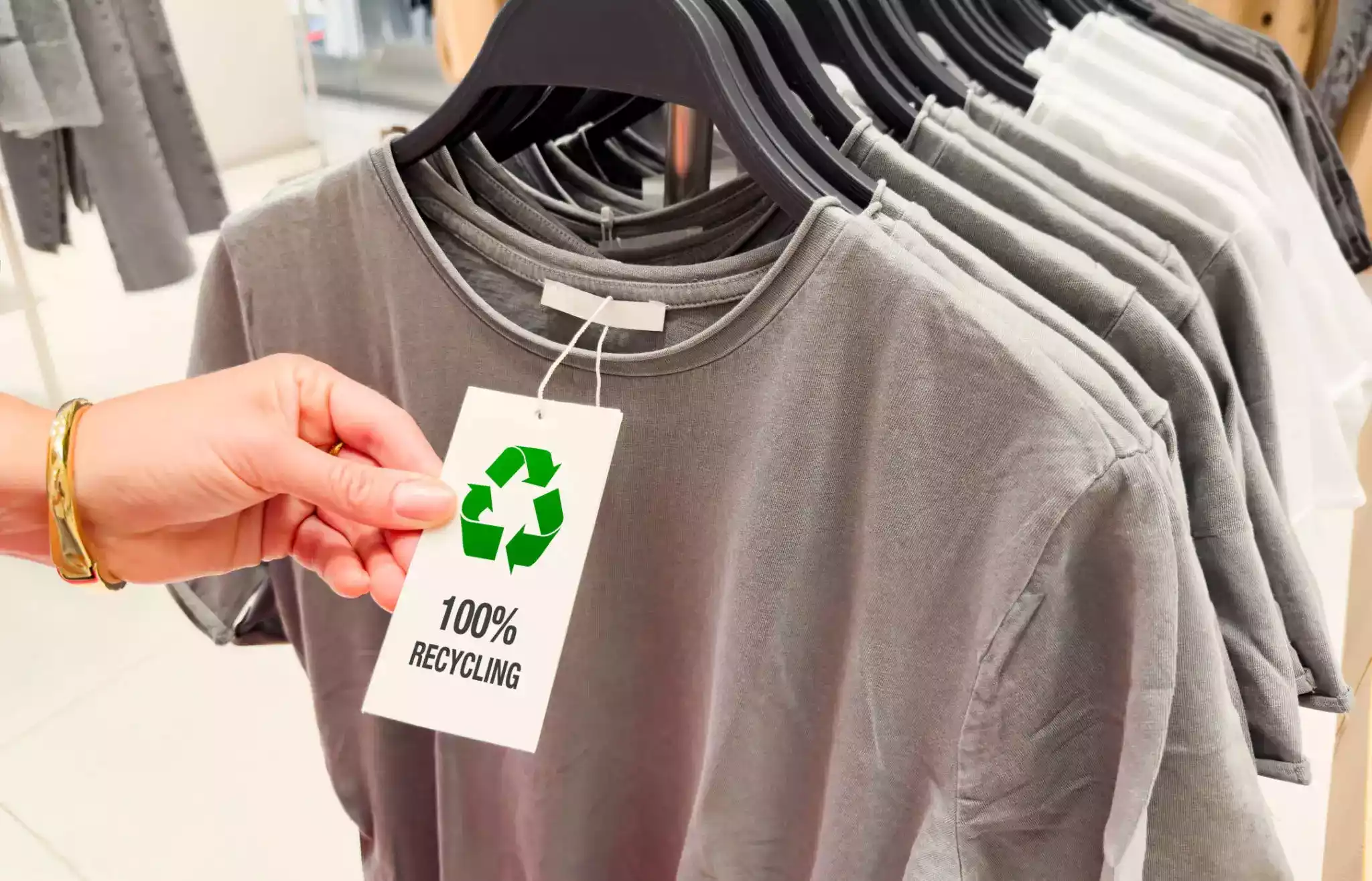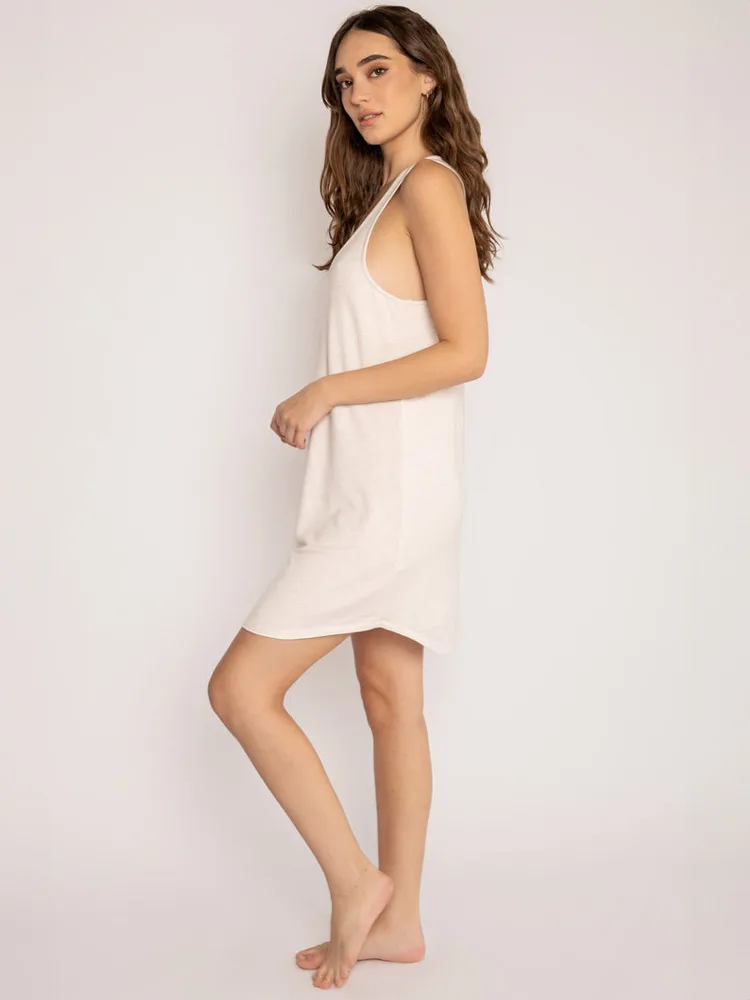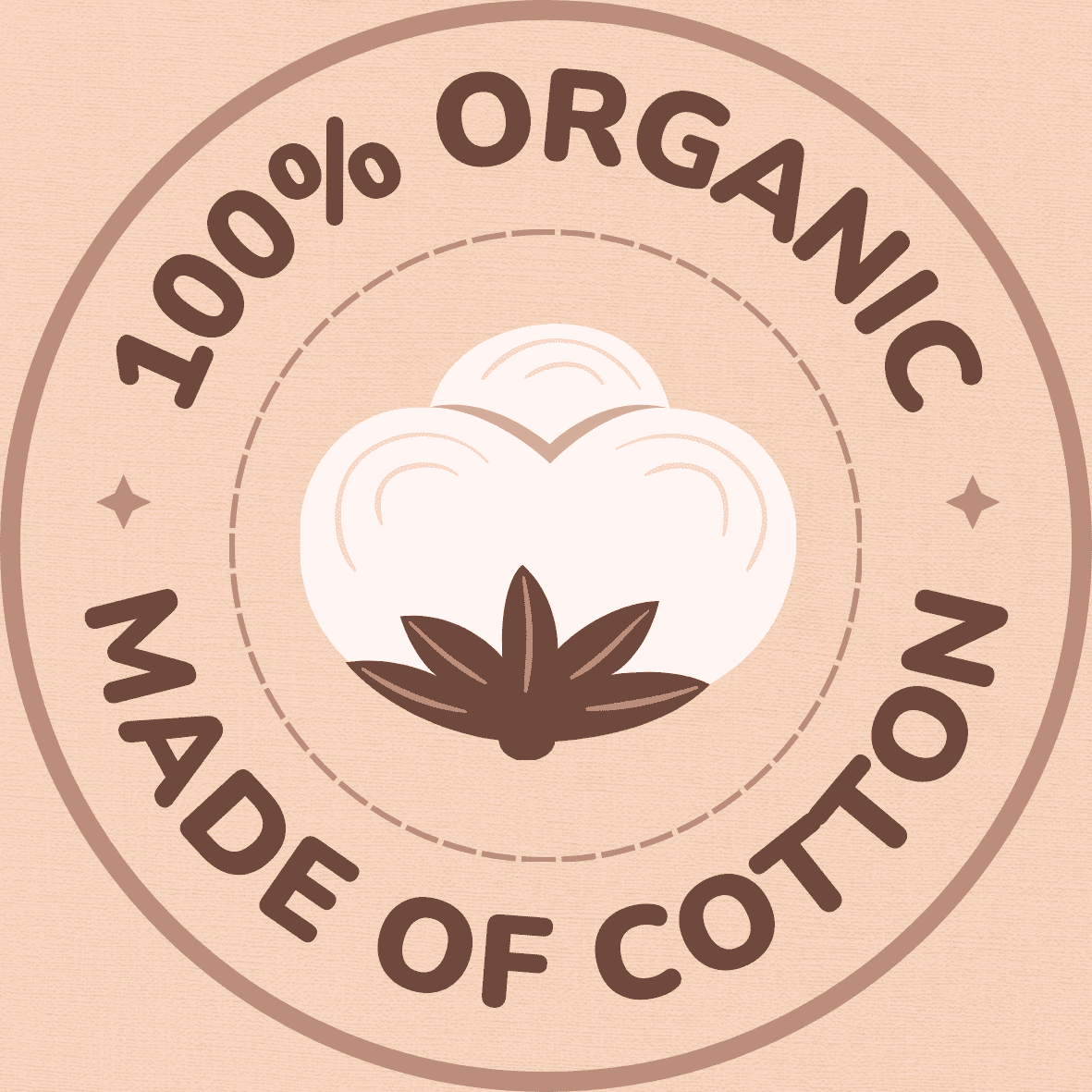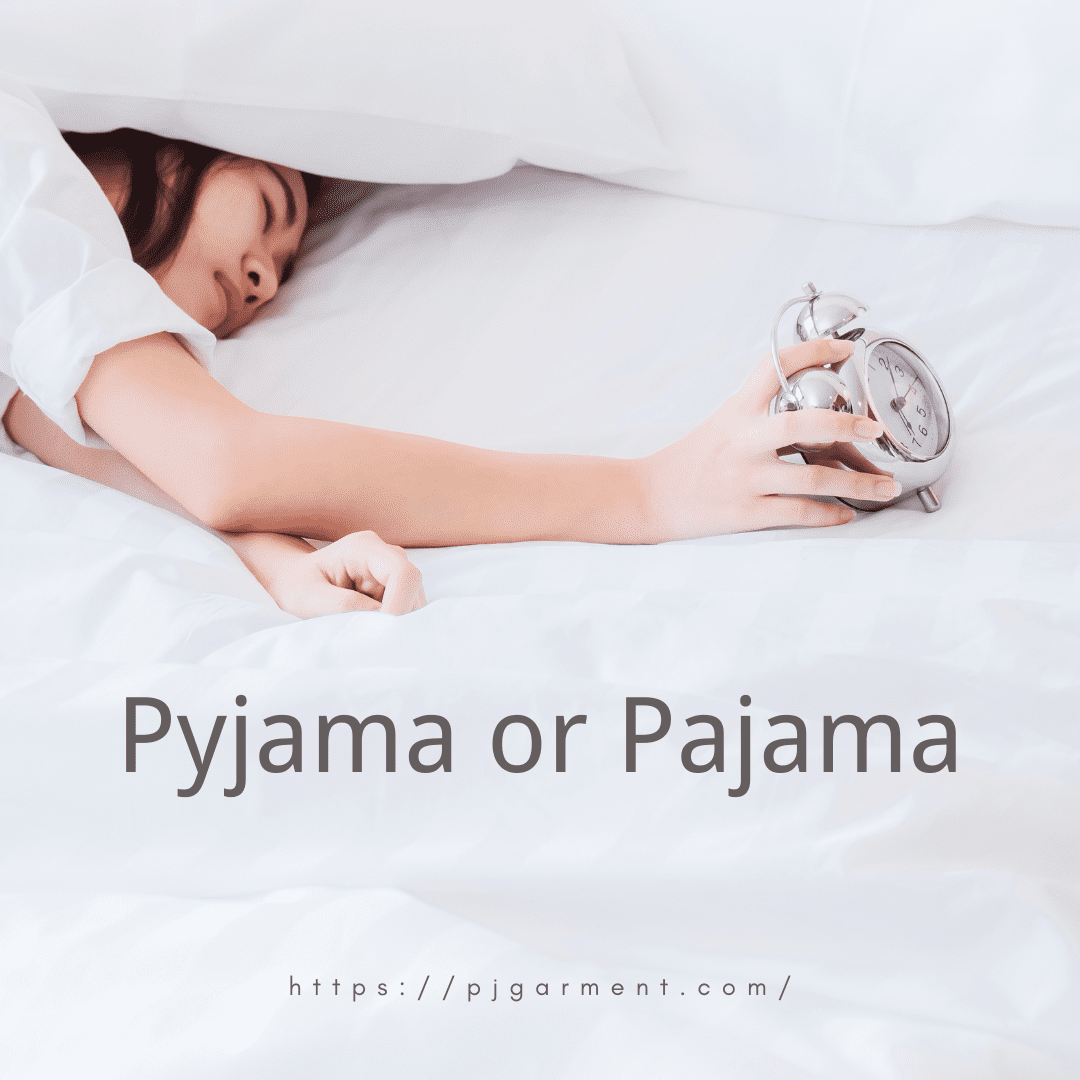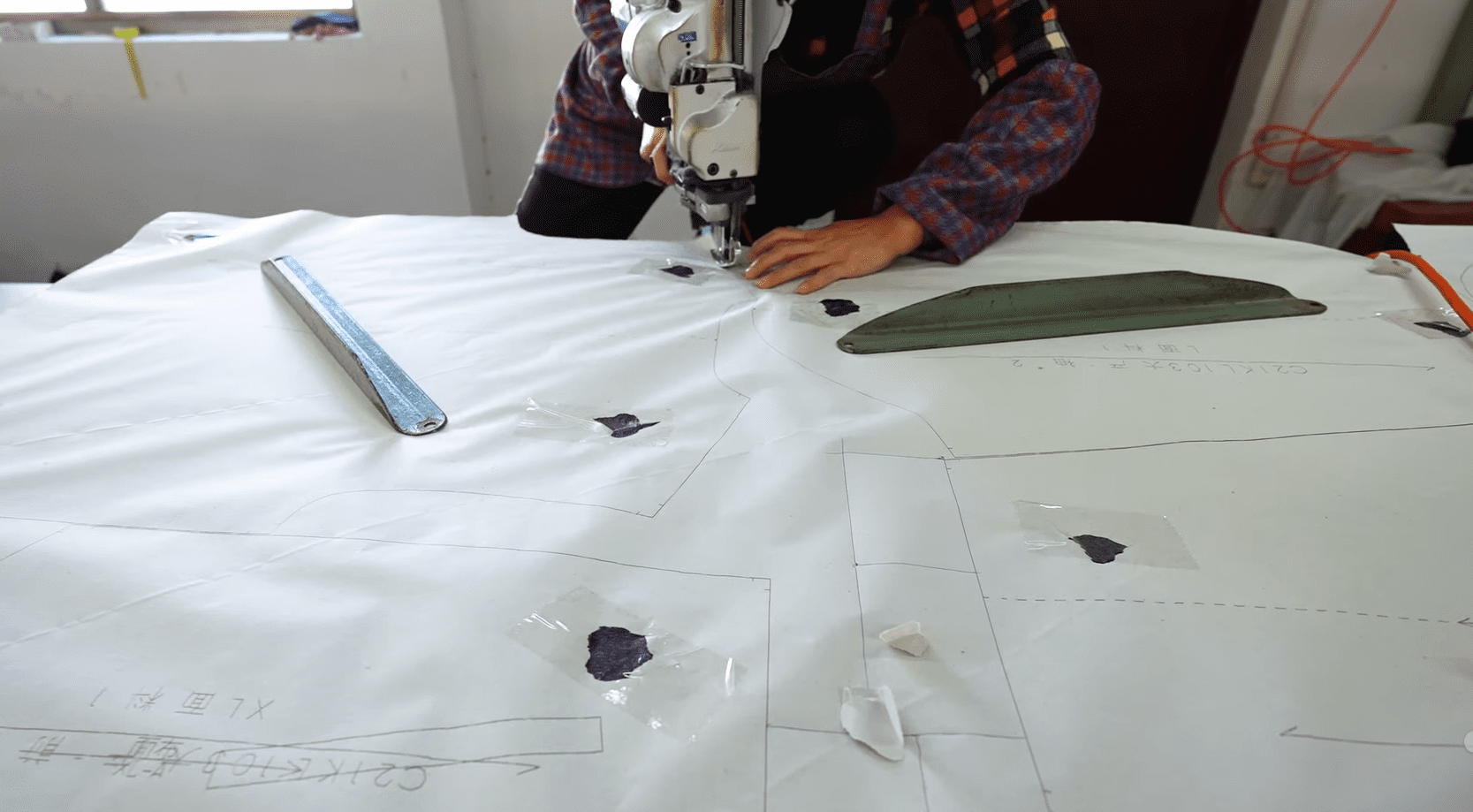In the bustling world of fashion and textiles, the shift towards sustainability and eco-consciousness has brought organic clothing to the forefront of industry trends. Apparel brands, retail giants, and various institutions, including hotels, resorts, hospitals, nursing homes, and even prisons, are now seeking to align with greener practices. The pivot towards organic fabrics not only reflects a commitment to environmental stewardship but also responds to a growing consumer demand for products that are both ethical and sustainable. However, with an ever-expanding market, finding the best organic wholesale clothing suppliers can seem like searching for a needle in a haystack. This blog post aims to shed light on the most effective strategies to guide you in your quest for the perfect organic clothing partner.
The Importance of Going Organic in the Apparel Industry
Before diving into the how-tos, understanding the why behind the organic movement in apparel is crucial. Organic clothing is made from materials produced in accordance with organic agricultural standards. Not only does this mean the absence of synthetic pesticides and fertilizers, but it also includes considerations for soil health, water conservation, and animal welfare. For businesses, turning to organic fabric suppliers represents an opportunity to partake in the global effort to combat climate change, minimize environmental footprint, and cater to a more health-conscious and ethically driven customer base.
1. Establishing Your Sustainability Standards
The first step in finding the right organic wholesale clothing supplier is to clearly define your sustainability goals and standards. It’s not just about sourcing any organic supplier; it’s about finding one that aligns with your brand’s ethical, environmental, and quality standards. Consider factors such as:
- The supplier’s certifications (e.g., Global Organic Textile Standard or GOTS, Organic Content Standard)
- The sustainability practices in their supply chain
- The quality and durability of the organic materials used
- Compatibility with your product lines and customer base
Direct Engagement and Rigorous Research
- Directly Engage with Potential Suppliers – Initiate conversations with suppliers to gauge their practices and values. Ask for detailed information about their sourcing, labor practices, and environmental initiatives.
- Conduct Comprehensive Market Research – Utilize online platforms, trade shows, and industry networks to gather insights and feedback about various suppliers.
2. Exploring Certifications and Standards
When it comes to organic products, certifications are your best friend. They offer a tangible reassurance of a supplier’s commitment to maintaining certain environmental and social standards. The Global Organic Textile Standard (GOTS) is one of the most stringent and well-regarded certifications, covering everything from the harvesting of the raw materials to responsible manufacturing processes.
Understanding Key Certifications
- GOTS (Global Organic Textile Standard) – Ensures organic status of textiles from harvesting of the raw materials through environmentally and socially responsible manufacturing.
- OCS (Organic Content Standard) – Provides a strong chain of custody system to verify organic content in the fabrics.
- Fair Trade Certified – Places emphasis on social factors, ensuring workers are paid fair wages and work in safe conditions.
By prioritizing suppliers who boast reputable certifications, you ensure that your organic clothing line lives up to the high standards your customers expect.
3. The Significance of Transparency in the Supply Chain
A key aspect of sourcing organic wholesale clothing suppliers is the degree of transparency they offer in their supply chain. A transparent supply chain is indicative of a supplier’s confidence in their ethical and sustainable practices. It also allows you to trace the origins and journey of the materials used in your clothing line, providing a compelling narrative for your customers.
How to Evaluate Transparency
- Request for Detailed Supply Chain Information – Ask potential suppliers to share specifics about their material sources, manufacturing locations, and labor practices.
- Look for Publicly Available Reports – Some suppliers publish sustainability reports and third-party audits on their websites, showcasing their commitment to transparency.
4. Sampling and Quality Checks: Non-Negotiables in Your Search
Before finalizing a supplier, it’s vital to assess the quality of the organic materials and the production standards. Requesting samples allows you to physically verify the material’s quality, durability, and suitability for your product line. Additionally, inquire about the supplier’s quality control processes to ensure consistency and reliability in their products.
Steps for Effective Quality Assurance
- Request Multiple Samples – Ensure you get a comprehensive understanding of the material’s look, feel, and performance.
- Conduct Wear and Tear Tests – Subject the samples to conditions simulating actual use to assess durability and longevity.
- Inquire About Quality Control Measures – Understanding their quality checkpoints can give you confidence in their manufacturing consistency.
5. Building Long-lasting Partnerships Through Communication and Collaboration
Selecting an organic wholesale supplier is just the beginning of what should be a long-term partnership based on mutual growth, trust, and collaboration. Effective communication is key to navigating the complexities of sustainable sourcing and ensuring that your supplier meets your evolving needs.
Strategies for Strengthening Supplier Relationships
- Set Clear Expectations – Clearly articulate your brand’s standards, order requirements, and future aspirations from the onset.
- Regularly Re-evaluate and Provide Feedback – Constructive feedback helps suppliers to align better with your expectations and adapt to changes in your requirements.
- Invest in Collaborative Solutions – Work together to solve challenges, innovate product offerings, and improve sustainability practices.
Conclusion
Finding the best organic wholesale clothing suppliers is an intricate process that demands diligence, thorough research, and strategic decision-making. By establishing your sustainability standards, delving into certifications, insisting on transparency, conducting rigorous quality checks, and fostering strong partnerships, you position your brand at the forefront of the eco-conscious movement in the apparel industry. In doing so, not only do you contribute positively to the planet and its inhabitants, but you also cater to a rapidly growing demographic of environmentally and socially conscious consumers. Let this journey towards sustainable sourcing redefine your brand’s legacy and set a new standard in the fashion and textile industry.
FAQs
Where can I find organic wholesale clothing?
You can find organic wholesale clothing from reputable suppliers and manufacturers who specialize in eco-friendly and sustainable fashion. Look for companies that are certified for organic clothing production and have a track record of quality and ethical practices.
What are the benefits of buying organic wholesale clothing?
Buying organic wholesale clothing offers several benefits, including supporting sustainable and ethical fashion practices, promoting environmentally friendly materials, and ensuring high-quality, chemical-free apparel for your customers.
How can I ensure the quality of organic wholesale clothing?
To ensure the quality of organic wholesale clothing, it’s essential to work with trusted suppliers and manufacturers who have certifications for organic production. Request samples, check for organic certifications, and inquire about the production processes to guarantee quality.
Are there different types of organic wholesale clothing available?
Yes, there are various types of organic wholesale clothing available, including organic cotton t-shirts, hemp clothing, bamboo fiber apparel, and more. You can explore a wide range of options that cater to different customer preferences and styles.
How can I market organic wholesale clothing effectively?
You can market organic wholesale clothing effectively by highlighting the environmental and ethical benefits, emphasizing the superior quality and comfort of organic fabrics, and targeting eco-conscious consumers through sustainable fashion platforms and marketing channels.
What should I consider when sourcing organic wholesale clothing?
When sourcing organic wholesale clothing, consider factors such as the supplier’s certifications, product quality, pricing, minimum order quantities, lead times, and the supplier’s commitment to sustainable and ethical manufacturing practices


